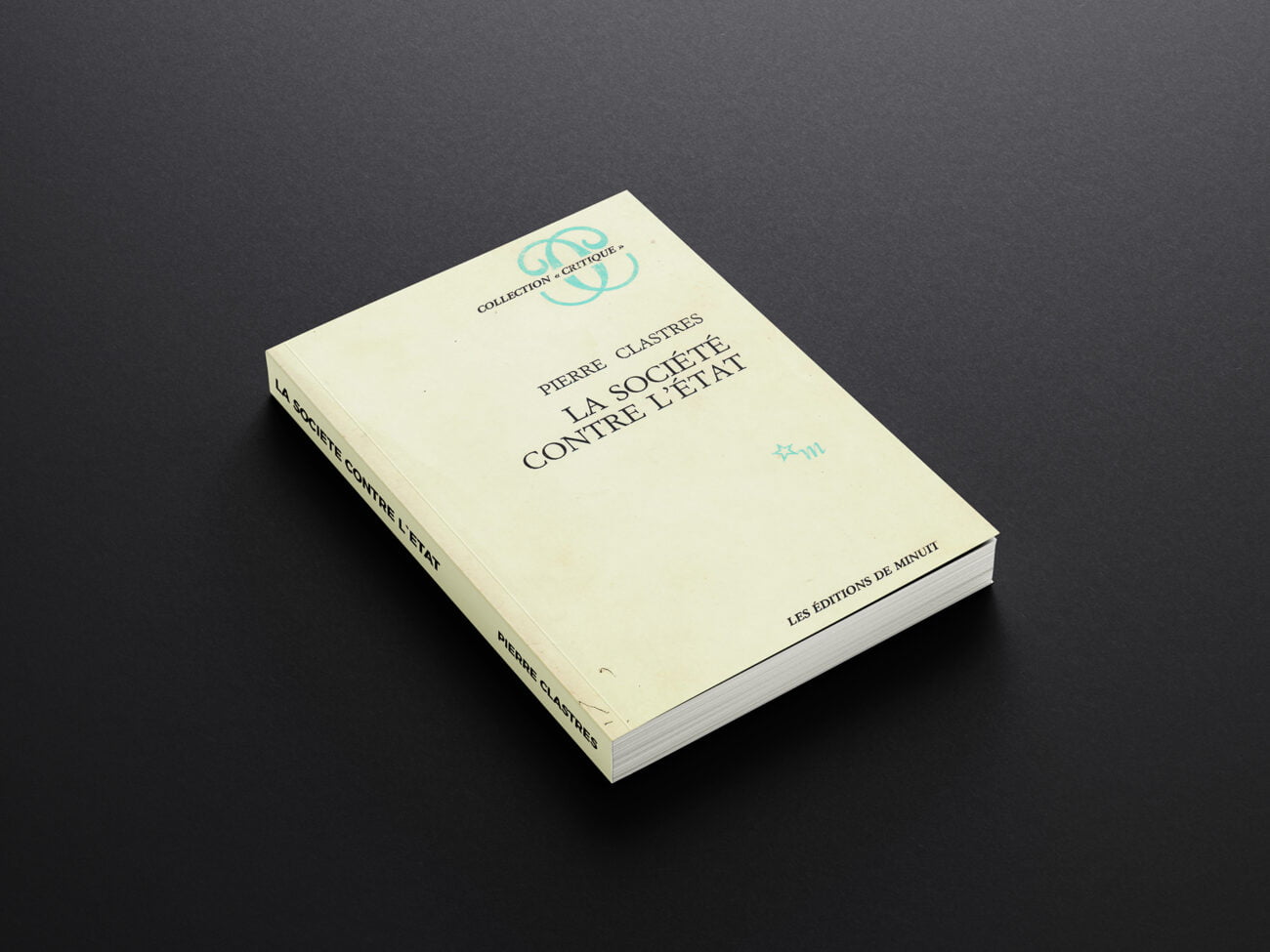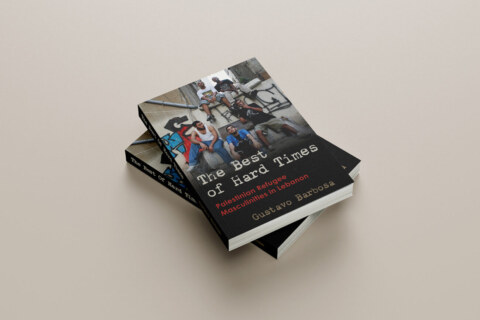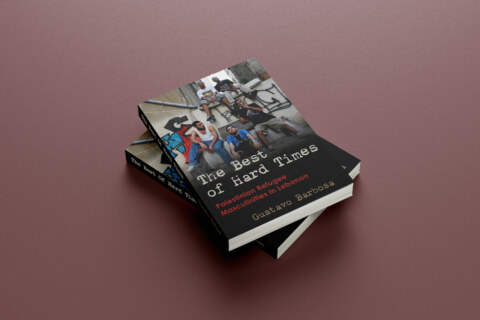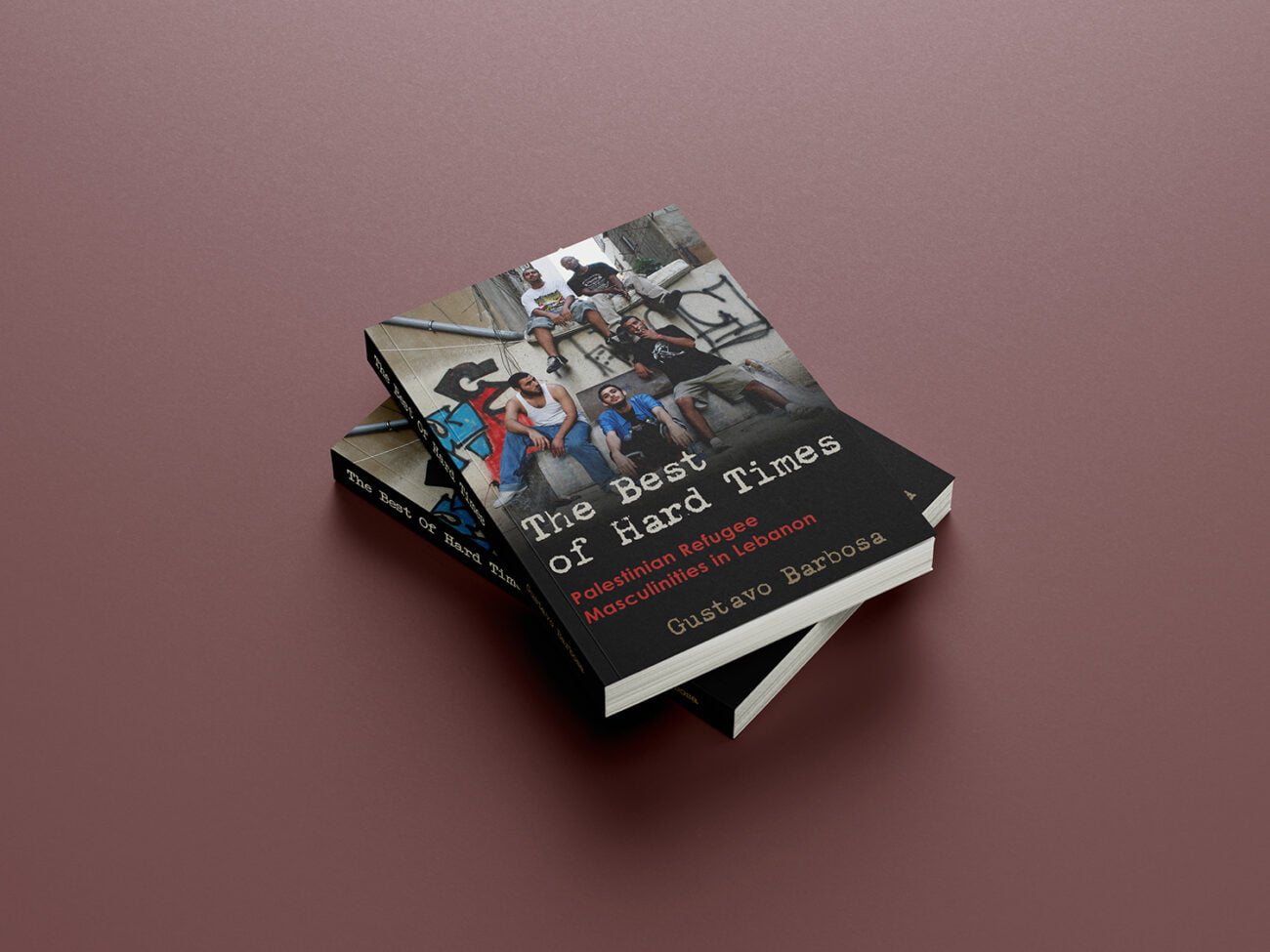Abstract. Clastres ‘de-substantializes’ the state, which is not ‘the Elysium, the White House, the Kremlin,’ but ‘an actualization of a relation of power.’ There is no reason, therefore, to believe that, in a Durkheimian mood, he has reified society. Even though he makes no use of the concept, I believe there is already a concept of ‘sociality’ at work in Clastres: hence, the idea of sociality against the state. In the three sections of this study, I show the role played by ‘society,’ the ‘state’ and ‘against’ in Clastres’s writings. In this way, I aim to demonstrate that his ethnography is filled with indications about how to deal with some of the continuing dilemmas of anthropology, such as: how can we avoid methodological individualism without becoming spellbound by a transcendental holism or vice-versa? How can we erect models of intentionality without a subject? How can we conceive of social relations without a society? And finally, how does the ‘objectivity’ of sociality work through the ‘subjectivity’ of personsin interaction?

Sociality against the State: The Anthropology of Pierre Clastres - Dr. Gustavo Barbosa




